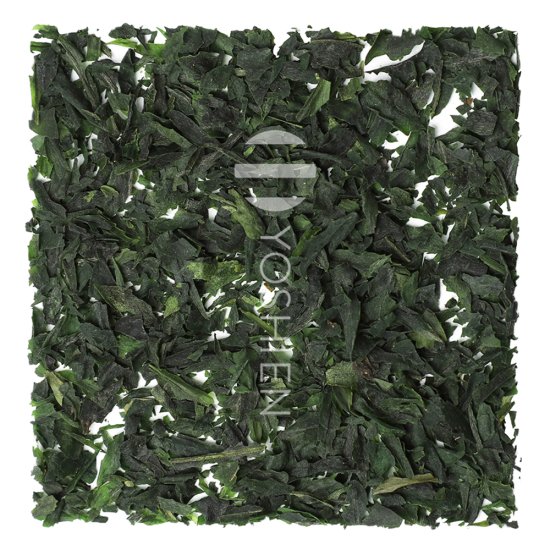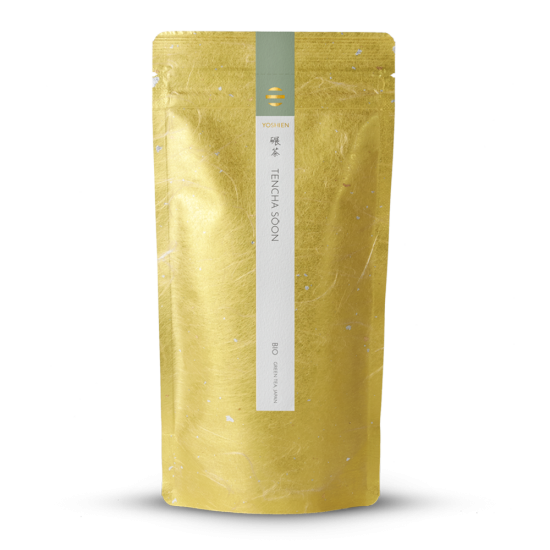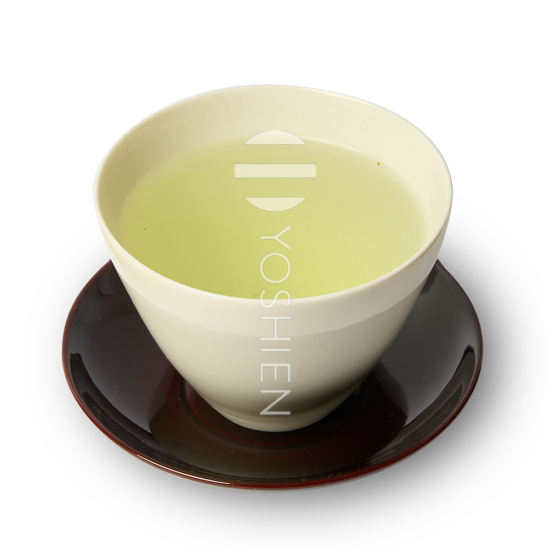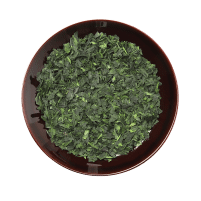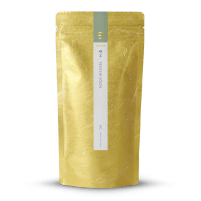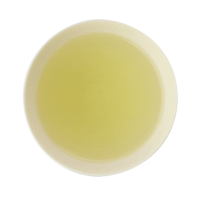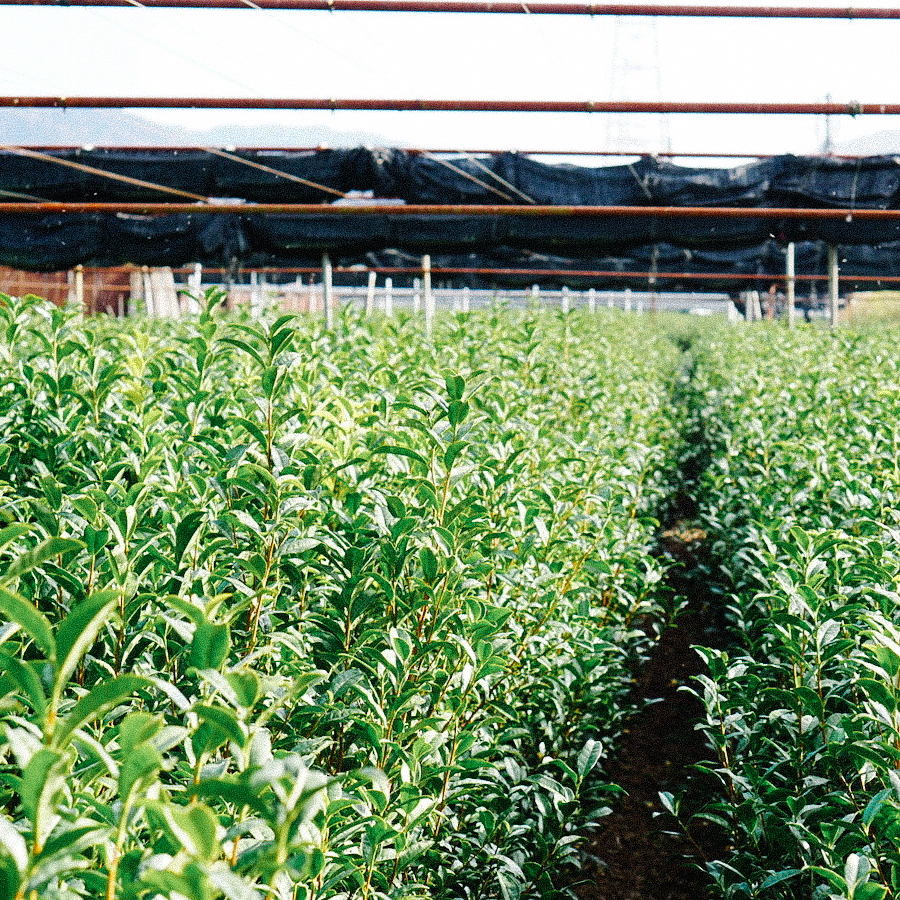Our organic tencha Sōon tea goes through the exact same production process as its big brother, the premium matcha Sōon, with the exception of the final milling process. After 37 days of shading, the first flush is gently harvested by hand and steamed to stop fermentation. The carefully selected leaves are then cooled by air currents in special swirling machines to preserve their rich green colour as well as to separate any that may have gotten stuck together during steaming. In the next stage, the leaves are dried for about 20 minutes in a special tencha oven (tencha-ro) at a temperature of 90 to 180°C. Finally, the leaf blade is separated from the stalk and veins and cut into small pieces in a special machine (toh-mi) using blasts of air. While the separated stems and veins are turned into quality stem teas such as usuore, the leaf pieces can either be kept as tencha (shiage tencha; 仕上碾茶) or milled into matcha.
Single Origin
This tea comes from the above-mentioned tea field in Uji and is sourced directly from the tea farmer.
Organic Certification





